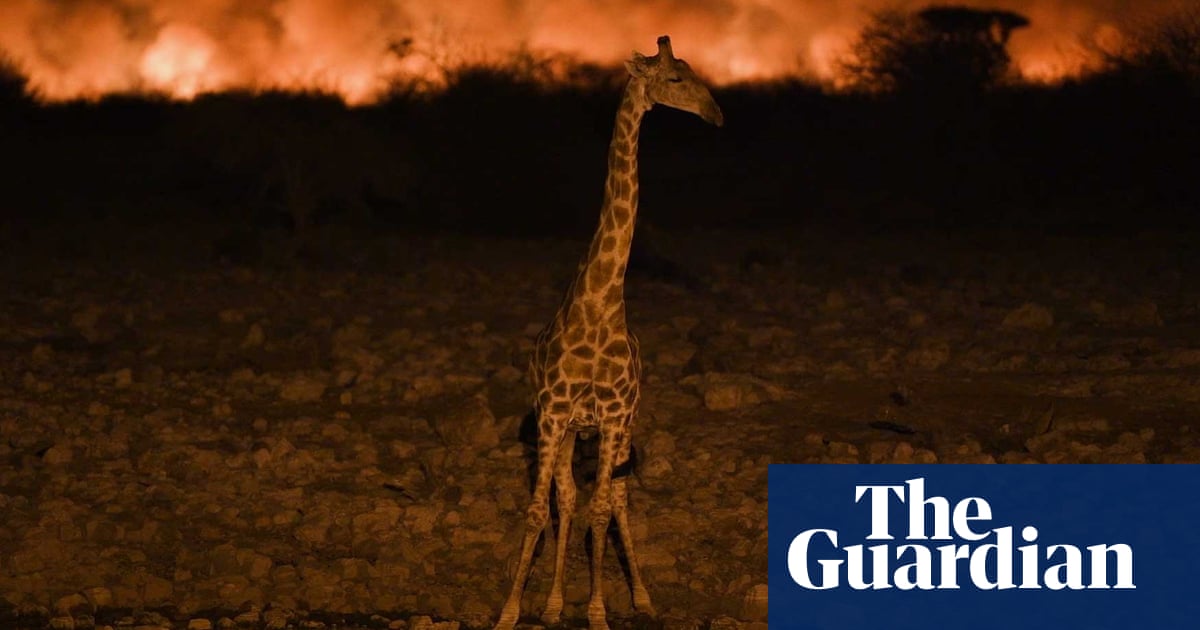The continued destruction of nature across the planet will result in major shocks to food supplies and safe water, the disappearance of unique species and the loss of landscapes central to human culture and leisure by the middle of this century, experts have warned.
By 2050, if humanity does not follow through on commitments to tackle the five main drivers of nature loss critical natural systems could break down just as the human population is projected to peak.
The Guardian asked leading scientists, Indigenous leaders and conservationists around the world about the consequences of inaction on biodiversity loss by the middle of this century. Despite 1 million plant and animal species at risk of extinction, and in the face of wildfires, floods and extreme weather intensifying due to the climate crisis, nature conservation is increasingly becoming a part of the culture wars raging in many countries, which have spurred opposition to many environmental policies.
But the economy is doing so good right now!! Last quarter corporate profits were up 12% and the feds think they’ve stopped inflation by stepping on the necks of those peons who dared to ask for some of the pie. Some billionaire wealth has almost doubled and others even tripled!
Our idol bezos has his floating island and more of us are buying our bunkers. When shit hits the fan we’ll be safe till Mars is ready and wet can fuck off.
This is the best summary I could come up with:
The continued destruction of nature across the planet will result in major shocks to food supplies and safe water, the disappearance of unique species and the loss of landscapes central to human culture and leisure by the middle of this century, experts have warned.
Despite 1 million plant and animal species at risk of extinction, and in the face of wildfires, floods and extreme weather intensifying due to the climate crisis, nature conservation is increasingly becoming a part of the culture wars raging in many countries, which have spurred opposition to many environmental policies.
Not taking action by the middle of the century may result in extinctions, the rapid spread of invasive species (often bringing new diseases), plastic pollution on a vast scale, crashing fish populations and disappearing forests, experts from every continent have warned.
To counteract the potential loss, research indicates humanity must work to restore nature across the planet, adopt more environmentally friendly farming practices, reduce meat consumption, stop the spread of invasive species and dramatically cut the use of fossil fuels.
Dr Jean-Marc Fromentin, from the marine protection body UMR Marbec, said: “Without decisive action, the ocean’s productivity and consequently the world fish catch is set to decline sharply due to seawater warming and acidification caused by climate change.
The following experts also provided their views and helped shape this article: Josef Serttele, Joe Millard, Balkisou Buba, Rukka Sombolinggi, Cristiane Fontes, Charlotte Couch, Erin Matson, Terry Hughes, Stephanie Roe, Zitouni Ould-Dada, Eduardo Brondizio and Chris Carbone
The original article contains 2,217 words, the summary contains 249 words. Saved 89%. I’m a bot and I’m open source!



